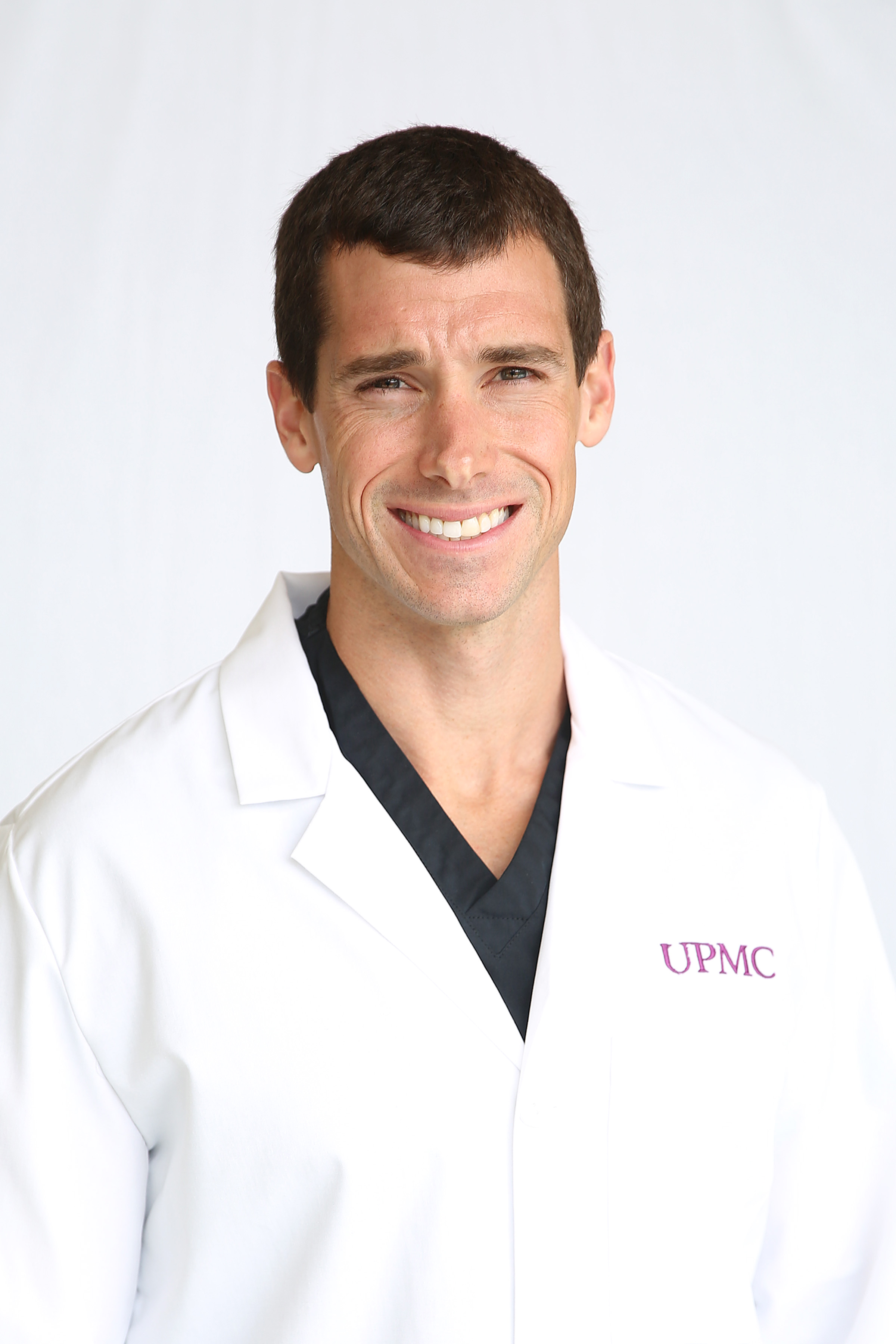Jeffrey Muenzer, M.D., medical director
Emergency Services, UPMC Williamsport and UPMC Outpatient Emergency Department in Lock Haven
It’s that time of year again. Many people are flocking towards stores and roadside stands to get the biggest, brightest, and loudest fireworks in anticipation of the 4th of July. We like to impress our neighbors, family and friends and show our red, white, and blue pride with the best fireworks. But sometimes these fun and joyous celebrations can take a turn for the worse, quickly. Here’s some advice to help you stay safe and injury-free this Independence Day.
Firework Facts
As impressive and fun as fireworks can be, one thing is clear: They also come with potential dangers, particularly in the hands of the untrained. In some states, they're illegal for consumers to use. Know the facts before spending hundreds or even thousands of dollars that will just go up in smoke.
- Fireworks can cause permanent injury and disfigurement to your eyes, hands, and face.
- The U.S. Consumer Product Safety Commission reports that emergency departments saw about 10,000 fireworks injuries in 2019.
- Sparklers can reach 2,000 degrees Fahrenheit, according to the American Burn Association.
- More than half of fireworks injuries in the U.S. happen to people under age 20.
- People who’ve suffered burns may need months or years to heal physically and emotionally.
Dos and Don’ts
If you choose to include fireworks at your next party, keep the following safety tips in mind.
Do:
- Store fireworks where children can’t reach them.
- Keep a bucket of water nearby. You can use it to fully extinguish fireworks that don’t go off or in case of fire.
- Model good behavior. Teach children that fireworks are explosives and only adults should handle them.
- Only light one firework at a time.
- Keep children and other adults at a safe distance from any areas where fireworks are going off.
- Wear protective eyewear when lighting fireworks.
- Soak both spent and unused fireworks in water for a few hours before discarding.
Don’t:
- Re-light a firework.
- Approach a firework that’s smoldering.
- Drink alcohol when using fireworks.
- Pick up a firework from the ground.
- Hold onto a firework once you light it.
- Point or throw lit fireworks at anyone.
- Try to modify fireworks.
- Allow young children to handle fireworks, including sparklers.
- Light fireworks indoors, near houses, or next to flammable materials.
- Light fireworks in a container.
- Try to make your own fireworks.
If you or a loved one gets burned by fireworks, you need to act fast.
- Remove clothing and jewelry from the burned area.
- Run the burned area under cool (not cold) water for a few minutes to stop the burn.
- Never put ice on a burn.
- Wrap the injury with a clean, dry towel.
Fireworks occasionally cost people their fingers or toes. Prompt medical treatment can reattach them.
•Call an ambulance immediately.
•Lie the victim down and elevate the injured body part.
•Remove any visible foreign objects.
•Apply direct pressure to the wound for 15 minutes to stop bleeding.
•If possible, retrieve the amputated finger or toe and rinse (don’t scrub) it clean, then wrap it in a clean, damp cloth and make sure it goes to the hospital with the victim. Don’t place the digit on ice – this will damage the blood vessels and make reattachment difficult.
Always call 911 for large burns or if you are involved in an explosion.
This holiday, don’t let yourself or a loved one become a fireworks safety statistic. Remember to celebrate safely. Leave explosives to the professionals and consider firework alternatives such as glowsticks, noise makers, bubbles, silly string, and confetti, which are safer for all ages.
Jeffrey Muenzer, M.D., is the medical director for the emergency department at UPMC Williamsport and UPMC Outpatient Emergency Department in Lock Haven. For more information, visit UPMC.com/NorthcentralPA.

